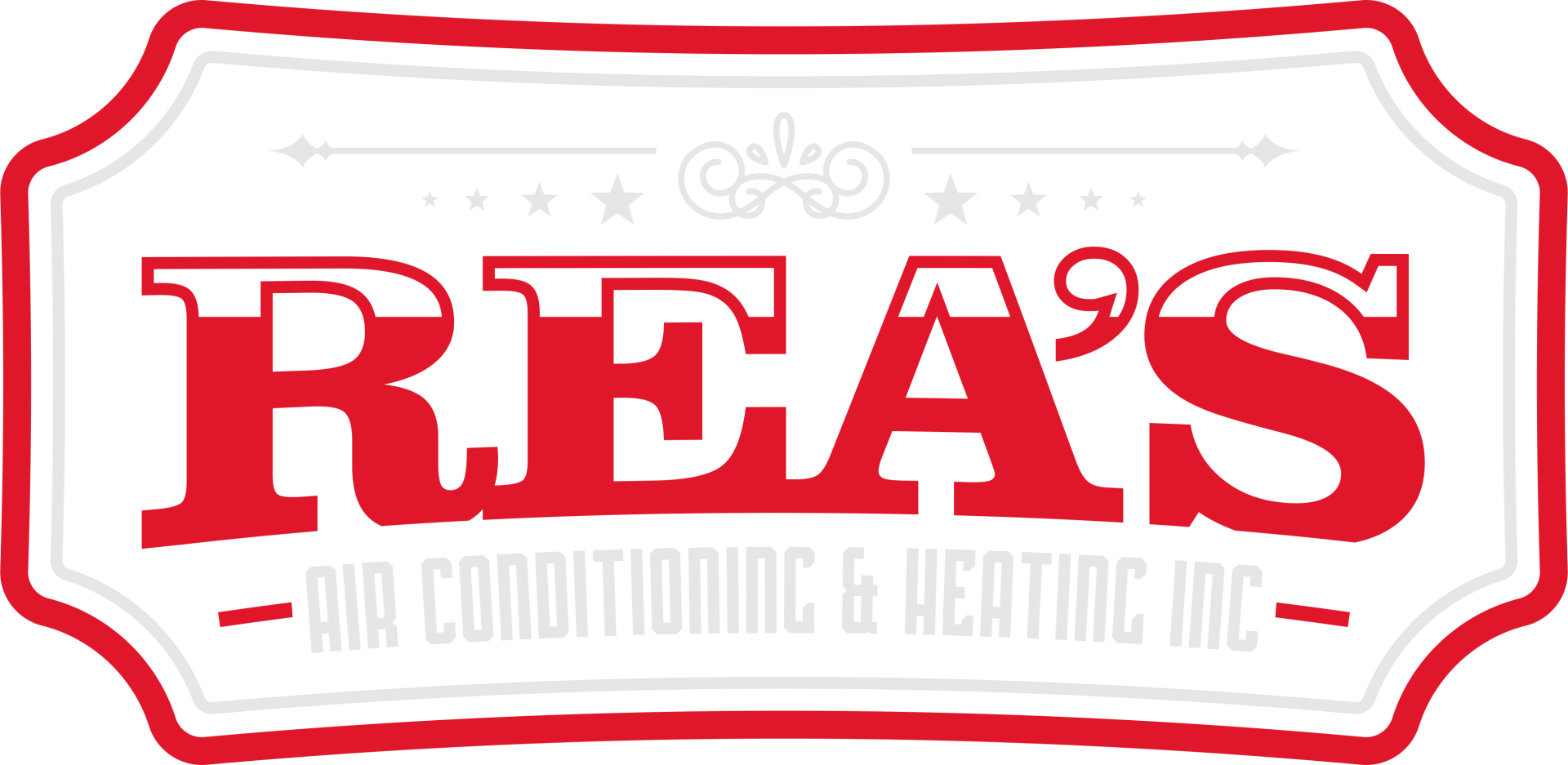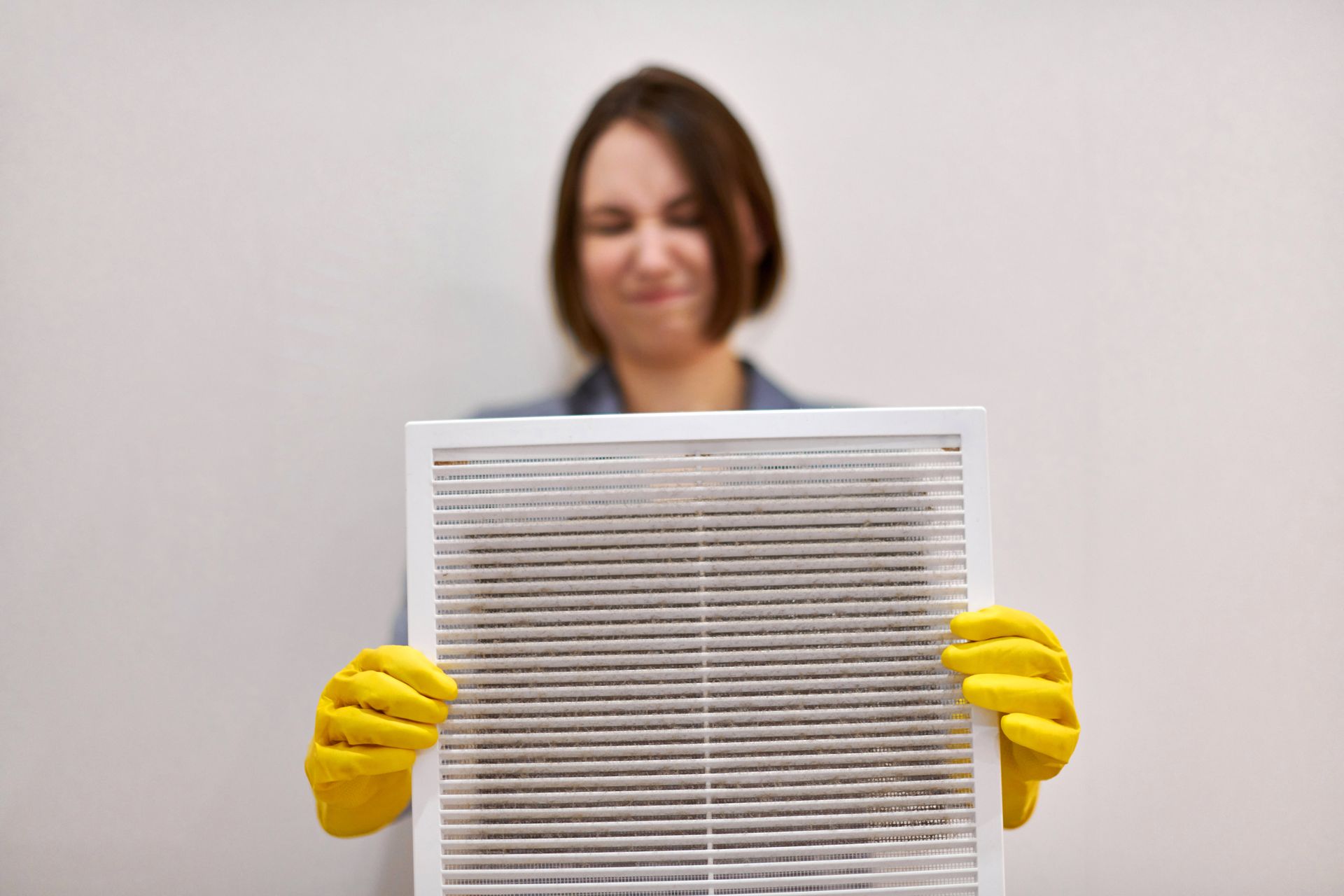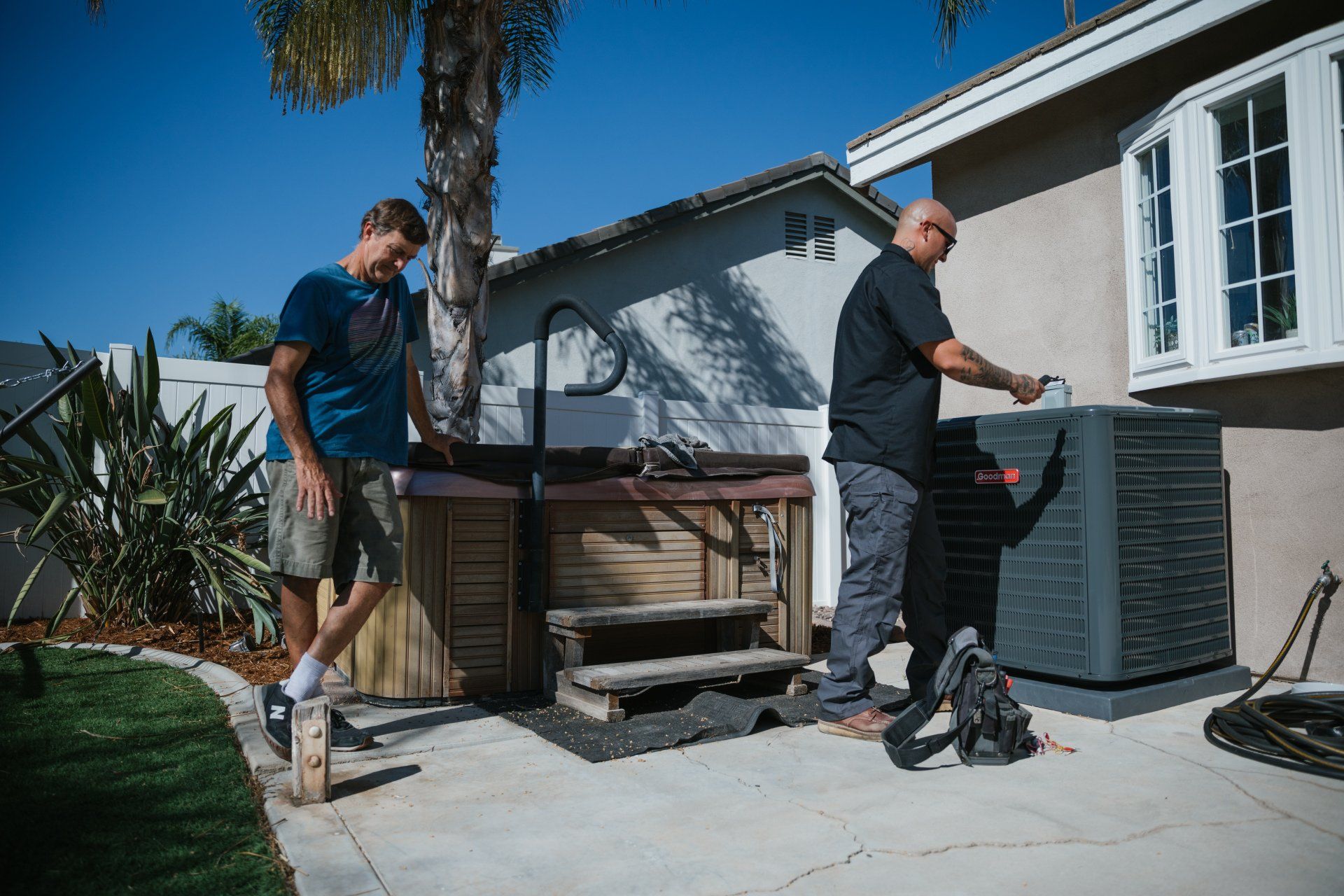Breathing Easier: The Importance of Indoor Air Quality in Your Home and Office
Strategies for Improving the Air You Breathe Every Day
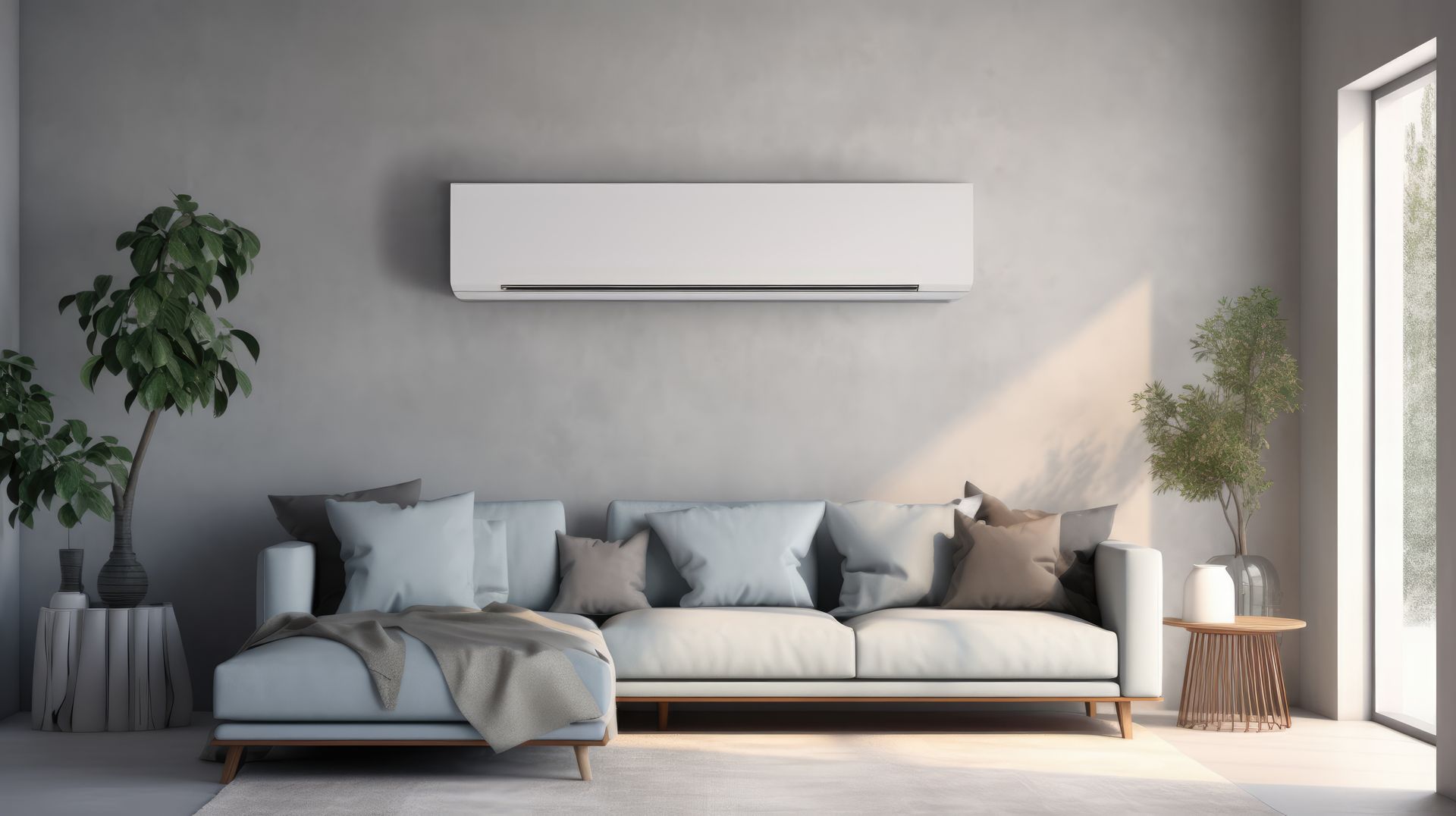
We often concern ourselves with the air quality outdoors, especially in urban environments or areas prone to wildfires or other natural disasters. But how often do we stop to consider the quality of the air within our own homes or offices? This often-overlooked aspect of our day-to-day lives can have significant impacts on our health, productivity, and overall comfort. In this article, we'll delve into the importance of maintaining good indoor air quality and offer practical strategies to enhance the air we breathe in our everyday spaces.
Why is Indoor Air Quality Important?
Indoor air quality refers to the air quality within and around buildings and structures, particularly as it relates to the health and comfort of the people occupying these spaces. While it may not be immediately apparent, indoor air quality can be two to five times worse than outdoor air quality, according to the U.S. Environmental Protection Agency (EPA).
Poor indoor air quality can lead to immediate health problems, including headaches, fatigue, shortness of breath, hypersensitivity and allergies, sinus congestion, coughing and sneezing, dizziness, and nausea. Long-term exposure can result in serious conditions like asthma, lung cancer, heart problems, or even damage to the liver, kidneys, or central nervous system.
What Influences Indoor Air Quality?
Indoor air quality can be influenced by various factors, including the presence of pollutants (such as dust, mold, pet dander, and tobacco smoke), volatile organic compounds (VOCs) emitted by certain paints and cleaning supplies, radon, and carbon monoxide. The quality of ventilation in a building, the presence of indoor plants, humidity levels, and even the cleanliness of the HVAC system can all impact indoor air quality.
Improving Your Indoor Air Quality
Improving the quality of your indoor air can be a simple process involving regular maintenance and conscious choices. Here are some key strategies:
- Ventilation: Ensure that your home or office has adequate ventilation. Open windows when possible to allow fresh air in and circulate stale air out.
- Clean Regularly: Regular cleaning can help reduce dust and pet dander. Vacuuming carpets, wiping down surfaces, and washing bedding can all contribute to better air quality.
- Control Humidity: High humidity can encourage the growth of mold and dust mites. Maintain humidity levels between 30-50% with dehumidifiers or air conditioners.
- Air Purifiers: Consider using air purifiers, especially in rooms where people spend a lot of time. These can help filter out dust, pollen, and other allergens.
- Smoke-Free Environment: Smoke is a major indoor air pollutant. Keep your indoor spaces smoke-free.
- Regular HVAC Maintenance: Regular maintenance and changing of filters in your heating and cooling system can significantly improve indoor air quality.
- Use Low-VOC Products: When painting or using cleaning supplies, choose products that have low VOCs to reduce exposure to these harmful compounds.
- Indoor Plants: Some indoor plants, such as spider plants, snake plants, or peace lilies, can help to purify the air naturally.
The quality of air in your home or office is crucial to your overall health and well-being. By making conscious choices and taking active steps to improve indoor air quality, we can all breathe a little easier. Remember, a breath of fresh air isn't just for the outdoors - it's something we should strive for in our indoor environments as well.
In your journey to enhance your indoor air quality, hiring a trusted professional can provide peace of mind and guarantee effective results. Rea's HVAC services are a fantastic solution for residents seeking expert help in this realm. With a track record of excellence and a team of skilled, certified professionals, we not only offer comprehensive HVAC system maintenance but also provide a suite of services targeted specifically at improving indoor air quality. Our technicians are trained to identify and resolve common air quality issues and are knowledgeable about the latest solutions and technologies in the field. We can guide you on air purifiers, dehumidifiers, HVAC filters, and other tools that can play a crucial role in creating a healthier indoor environment. Involving Rea's HVAC in your quest for cleaner, fresher indoor air ensures that you're leveraging industry-leading expertise for your home or office's optimal health and comfort.
